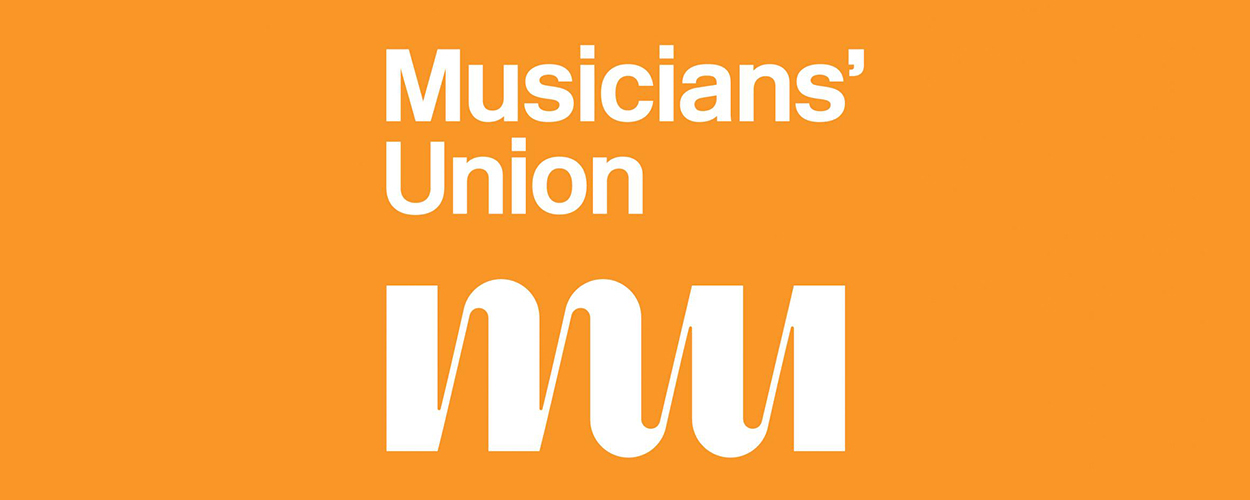This website uses cookies so that we can provide you with the best user experience possible. Cookie information is stored in your browser and performs functions such as recognising you when you return to our website and helping our team to understand which sections of the website you find most interesting and useful.
Business News Labels & Publishers
MU welcomes PPL revenue growth, but again calls for ER on streams
By Chris Cooke | Published on Monday 10 February 2020

The Musicians’ Union last week welcomed the latest stats brag from UK record industry collecting society PPL regarding the international royalties it collected last year, but used the bragging as an opportunity to again state the case for Performer ER on streams.
PPL collects money on behalf of British record labels and recording artists whenever the so called performing rights of a sound recording are exploited – so mainly radio, TV and pubs, clubs, bars and other public spaces that play recorded music.
Under most copyright systems, not only is the copyright owner due payment when music is used in these ways, so are any of the performers who appear on a recording. Even if and especially when the performer is not the copyright owner, and/or does not have an ongoing contractual relationship with the copyright owner. So session musicians receive payments as well as the frontline artists who have a direct deal with whoever released the record.
The performer payments are usually referred to as performer equitable remuneration. Exactly how monies are shared out and distributed is usually decided by the local record industry rather than copyright law. In the UK it is all handled by PPL, which collects for and distributes to both copyright owners (often labels) and performers.
PPL directly licenses UK radio stations, TV channels and businesses that play recorded music in public. Beyond the UK it has relationships with other collecting societies around the world. Labels and performers who don’t want the hassle of directly dealing with those foreign collecting societies can let PPL handle their international income. And it’s that side of PPL’s operations that announced its 2019 figures last week. Total international collections were £86.7 million, a 22% increase on 2018.
Welcoming this news, the MU’s Assistant General Secretary Phil Kear said last week: “On behalf of the MU, I would like to congratulate CEO Peter Leathem, and the entire PPL team, on an amazing set of international results for 2019. This additional income has the potential to make a huge difference to the lives of our session musician members”.
However, Kear also noted that, while Performer ER is paid on broadcast income, including online radio, it is not generally paid on streaming services like Spotify, Apple Music and YouTube. This is based on an argument from the labels that a stream exploits related but different elements of the copyright to a broadcast, and Performer ER is not legally due when a recording is exploited in that way. Frontline artists therefore get paid a cut of streaming income subject to their deal with their label or distributor. Session musicians get nothing.
The MU argues this is unfair and unsustainable. Commenting on last week’s PPL figures, Kear went on: “The last few years have seen an astounding increase in the use of [streaming services] to the detriment of audience figures for traditional radio and television broadcasts, especially in the fifteen to 24 age group”.
The MU is concerned that this will eventually result in the music industry’s traditional broadcast revenues peaking and then going into decline. And that would jeopardise the future of the revenue stream in which session musicians share and which, the MU argues, upon which those musicians rely, given the relatively modest upfront fees they receive from frontline artists and labels.
“The MU is working hard, alongside PPL and other industry bodies, to try to negotiate a share of streaming income for session musicians”, Kear added, “but it is a potentially long and difficult road ahead. In the meantime, we wholeheartedly applaud PPL’s hard work and sincerely hope they can continue to maintain such impressive results in future. Our members’ careers depend on it”.





